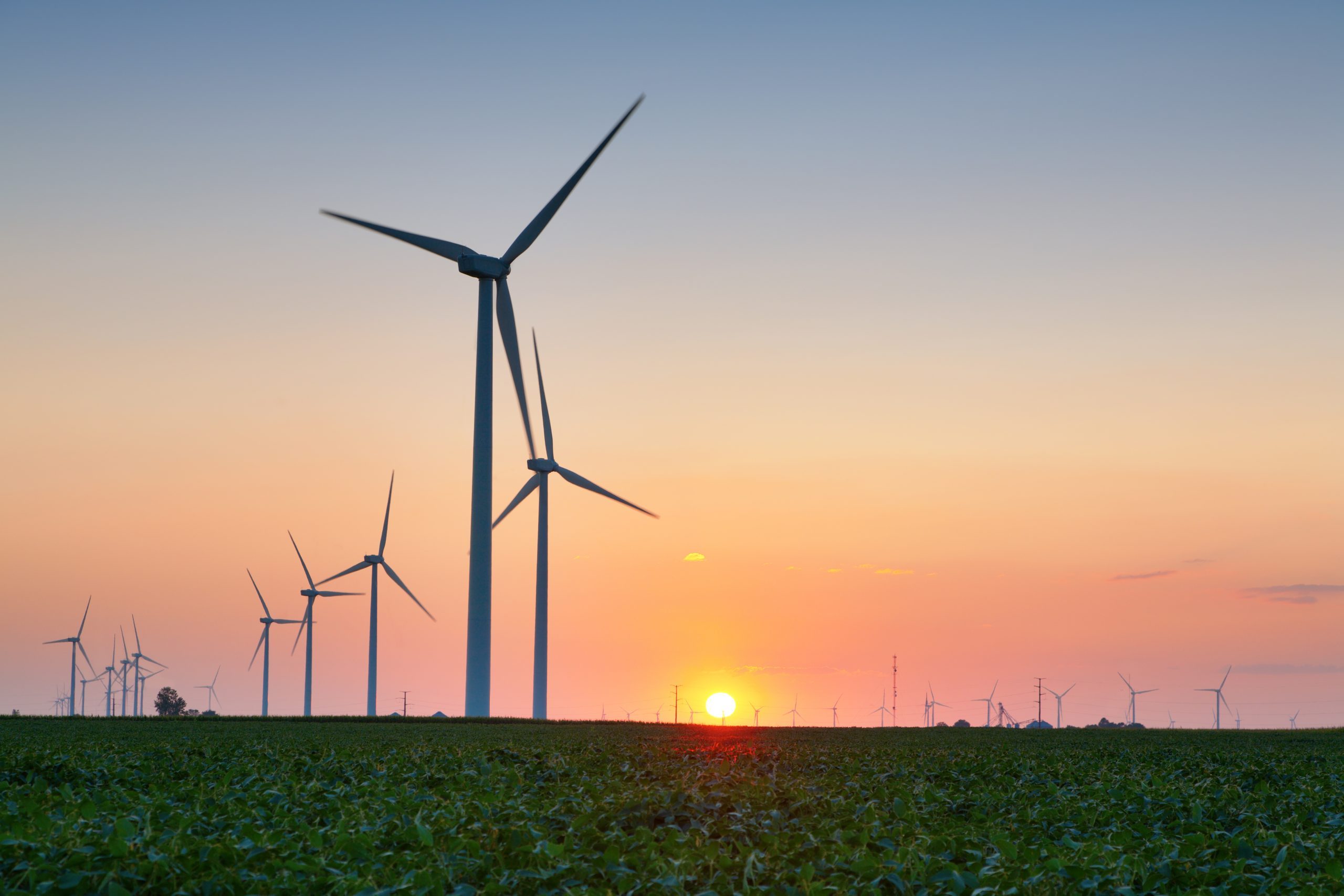
By: Shannon Kohl
Before, during and after my service as mayor of Martinsville, I looked at policy from the perspective of the present and the future. What impacts will be felt immediately, both positive and negative, and what will come of the decision years down the road?
To take a step back like this can be hard in today’s world. We can get caught up in the cycle of instant gratification. Trust me, it certainly feels good to experience the spoils of victory sooner rather than later.
But while some might have the luxury of only concerning themselves with the present, it’s the young people of this country who are looking 10, 20 or 30 years ahead. We should join them and similarly gaze over the horizon. For them and for us, the future is now.
One of the topics capturing the most attention from those who are future-minded is how we address the challenge of climate from a domestic and international perspective. I know I hear about it all the time from my own children.
America is the world’s second-leading carbon emitter, although our emissions are dropping, with China leading the pack and India one spot behind us. With this in mind, how can we act on behalf of ourselves and future generations to reduce our emissions without harmful economic consequences and compel our global partners and competitors to do the same?
The answer is found in the Baker-Shultz Carbon Dividends Plan. Through a fee assessed on carbon emissions, the plan would reduce emissions below the levels prescribed in the Paris Climate Accord and give industry the certainty they need to invest in new research and technology.
But how does that impact everyday Americans? Won’t the price of energy consumption go up? Likely yes. That’s why the plan calls for returning all revenue from the fee back to the American people in the form of quarterly dividend checks. Most Americans would not need to worry about taking a loss as studies show most would end the year with a dividend profit — none of which would be taxable.Your stories live here.Fuel your hometown passion and plug into the stories that define it.
The plan also calls for removing regulations that are stifling industry innovation and assessing the same fee on imports from countries like China and India. This pillar would ensure the playing field is level for American business and, in particular, American manufacturing.
While it’s encouraging to know household names like BP, Shell and Exxon support the Baker-Shultz plan, along with more than 3,000 economists, I am most heartened by the support from young people. Over 300 student body presidents on America’s college campuses and scores of College Republican leaders across the country, including many here in Indiana, have endorsed this common sense, market-driven plan.
They see, for perhaps the first time in their lives, the Republican Party taking the climate issue seriously. From U.S. Sen. Mike Braun co-founding the Climate Solutions Caucus in the United States Senate, to State Sen. Ron Grooms introducing a resolution in support of the Baker-Shultz Carbon Dividends Plan, the party is returning to its once proud legacy of environmental conservation and protection.
This is what the future is calling for and what the future needs of us. When we stop to think and assess how we can leave the planet better off than how we found it, the Baker-Shultz Carbon Dividends Plan is the step we need to take — for our environment, for the economy, and for the future.
Read the full article in the Reporter-Times here.